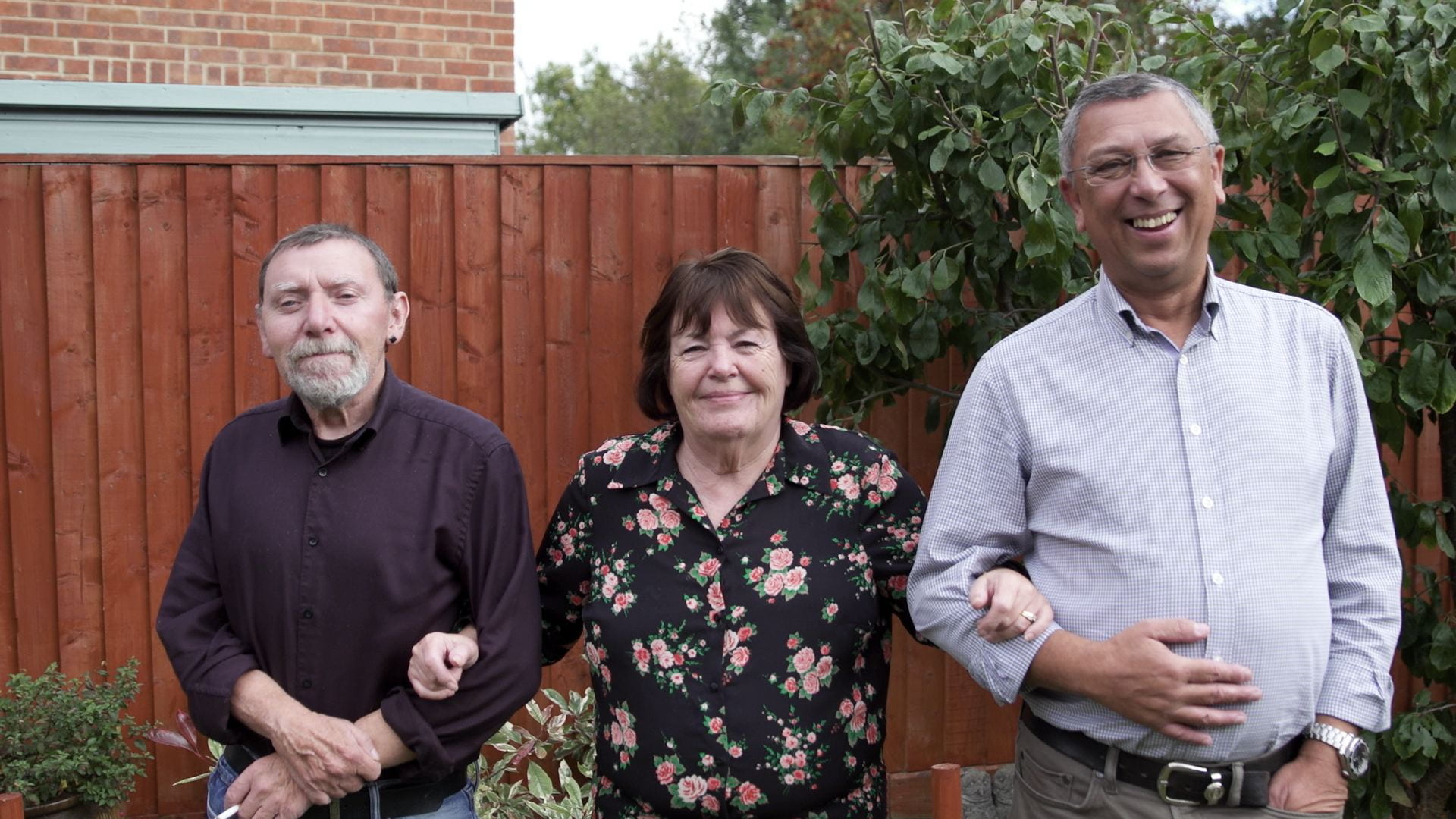Using the United Kingdom and Japan as case studies, Professor Misa Izuhara, from The Centre for Urban and Public Policy Research explores the role of housing wealth on retirement and social differentiation in later life.
How do you decide when to retire in a society like Britain where the formal ‘retirement age’ no longer exists? Do you have a big enough pension and/or savings to retire early? Does your employer want you to continue working after you reach 60? Or, are you planning to sell your house to cover the cost of post-retirement life?
The process of retirement is becoming more complex and differentiated in terms of timing and financial resources. In many advanced economies, ‘active ageing policies’ encourage older workers to remain in the labour market longer. However, the reasons and opportunities to do so depend on both institutional systems (e.g. retirement age, social security, attitudes of employers) and individual capital (e.g. skills, pensions, savings, housing assets).
As part of a current ESRC funded project, we bring ‘housing’ more fully into the analysis of retirement inequality, which is absent from existing research.
This collaborative project ‘Social Differentiation in Later Life: Exploring the interaction between housing wealth and retirement in Japan and the UK’ brings together scholars and stakeholders with different disciplinary backgrounds of social policy, economics and management to examine the relationship between housing wealth, the level of education, and extending working life of ageing baby-boomers in the contrasting welfare systems of the UK and Japan.
The first workshop was held in Tokyo (Keio University) in July 2019 to facilitate knowledge exchange between the project members and non-academic stakeholders. Japan is the world most aged society. More than a quarter (27.7%) of the population are already aged 65 and over. Despite the formal retirement age, in practice, Japanese people work longer in line with an increase of pensionable age. Reform of the Act for Stabilization of Employment of Older Persons, which obliged companies to employ their workers up to pensionable age, supports this trend. Scheduled 20% reduction of pension benefit will also strengthen the trend in next decades.
Alongside pensions, home ownership is a major factor shaping household wealth and thus potentially influence people’s retirement decision. The volatile housing market, however, poses a significant barrier in post-growth Japan when considering equity release. As the net household saving rate is falling, future generations are expected to extend working life due to the decline in personal wealth.
As part of the workshop, leading policy makers and practitioners in related areas of employment, finance, housing and city planning presented current situations and emerging issues facing ‘super-aged’ Japanese society:
- Naoto Ohmi (Executive Deputy President, Japanese Trade Union Confederation (JTUC-RENGO) argued that securing employment opportunities up to age 70 was an important policy agenda in Japan. The majority of those in the late 60s who are still in employment mentioned financial reasons for extending their working life. Trade Unions continue to work towards raising mandatory retirement to age 65. It is urgent to close the gap between the retirement age and the pensionable age.
- Takeshi Sakai (Japan Housing Finance Agency) led the development of reverse mortgage products between 2014 and 2018. Reserve mortgage is not widely known or used among older homeowners in Japan, but it is gaining popularity, partly thanks to the promotion by housing developers. However, depreciation of house price remains a major barrier in post-growth Japan in order to further promote the use of housing assets in later life through this type of mortgage products. Equity release currently remains an option largely for the wealthy ‘propertied-class’ but has potential to support those on low incomes.
- Titled as ‘the utilisation of assets in later life’, Kazuhiro Sugaya (Senior Manager, Pension Consultation Division, Mitsubishi UFJ Trust and Banking Corporation) located the Japanese social security system in the international context. The composition of household wealth has shifted over the years, but housing assets are the main component of household wealth in Japan. He argued the importance of ‘financial gerontology’, the system enabling to extend individuals’ own financial assets at the arrival of the ‘centennial life’.
- Ageing is a serious concern in Tama City. Yusai Takei (New Town Redevelopment Section Head, Tama City Government, Tokyo) discussed current strategies in order to revitalise the city’s ageing New Towns (developed in the 1970s) and its residents. Not only rebuilding old housing complexes but also the city is developing systems to facilitate residential moves of older households according to their life-course need. By attracting younger families, it is indeed important to achieve age mix in the neighbourhoods to sustain the healthy living environment.
For many participants, it was the first time they had had the opportunity to attend a knowledge exchange workshop. Many agreed it was ‘beneficial for policy makers to exchange knowledge and ideas with academics, practitioners and experts working in other fields.’ Participated stakeholders tend to focus on tasks in their own fields such as city planning or housing. For example, “presentations about employment were fresh and made me think the importance of creating employment for older workers in New Town” (Mr Takei). The UK experiences, presented by Professors Flynn and Izuhara, also provided food for thought. “Transition from work to retirement is a major issue for pensioners. The evidence from the UK contributed to our understanding” (Mr Ohmi). Another participant wanted to know the mechanism of the UK housing market and system to sustain housing prices as the key to facilitate the use of housing assets in later life in Japan.
For the next 8 months, the project team will work collaboratively to examine identified comparative themes such as opportunities and constraints of older workers in the contrasting institutional systems and housing/labour markets; and the impact of personal wealth on retirement trajectories between Japan and the UK using existing micro data.
This international project is funded by the UK Economic & Social Research Council (ESRC) UK-Japan Connections Grant. The Principal Investigator is Professor Misa Izuhara, School for Policy Studies, University of Bristol, UK. For more information and to the team visit the project page.







